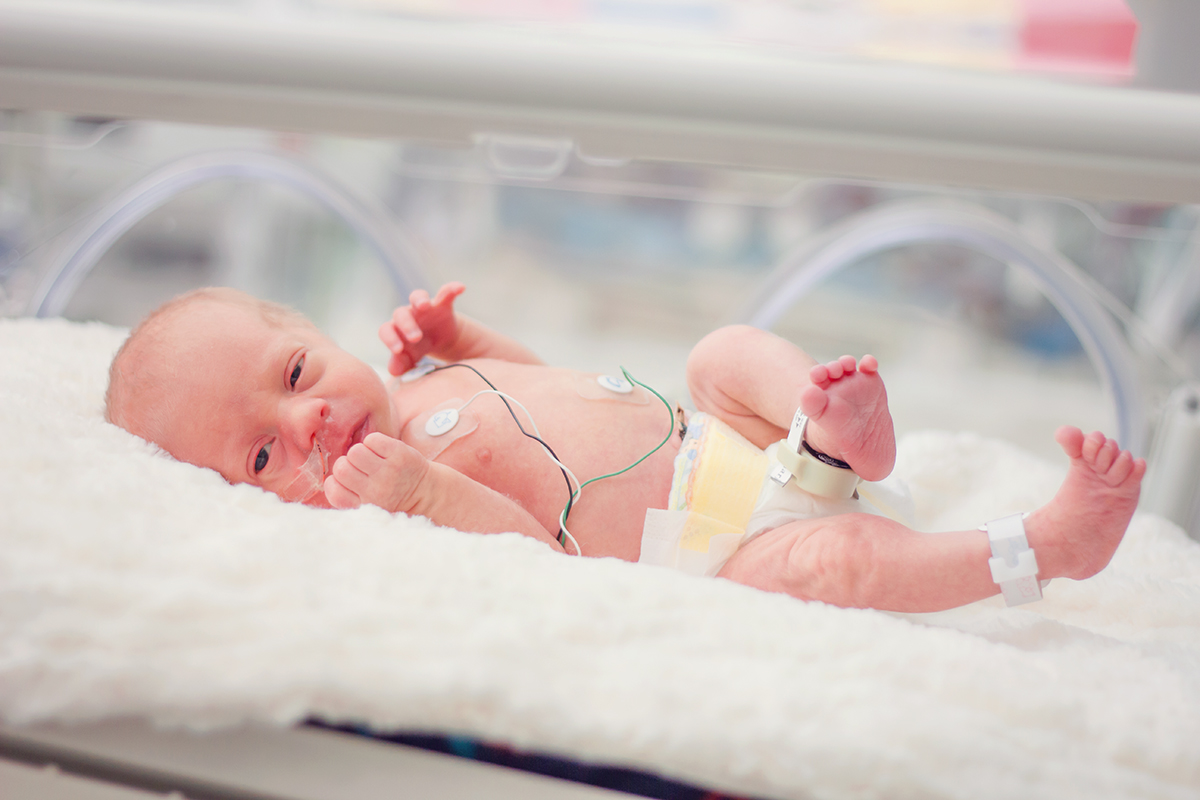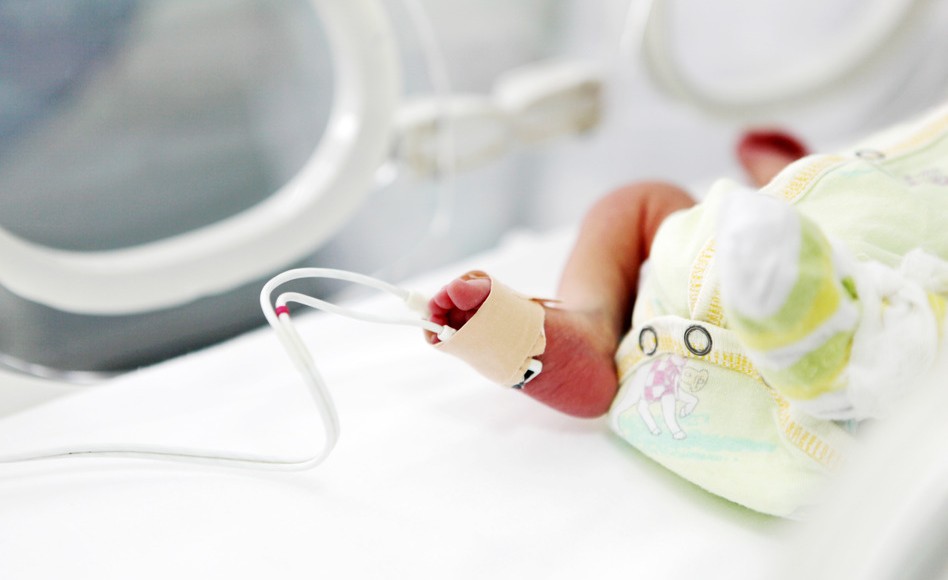NICU stands for neonatal intensive care unit. This is a nursery in a hospital that provides around-the-clock care to sick or premature babies. It has health care providers who have special training and equipment to give your baby the best possible care.
 NICUs concentrate on treating very small, premature, or congenitally ill babies. Some of these babies are from higher-order multiple births, but most are still single babies born too early (premature). Besides prematurity and extreme low birth-weight, common diseases cared for in a NICU include perinatal asphyxia, major birth defects, sepsis, neonatal jaundice, and Infant respiratory distress syndrome due to immaturity of the lungs.
NICUs concentrate on treating very small, premature, or congenitally ill babies. Some of these babies are from higher-order multiple births, but most are still single babies born too early (premature). Besides prematurity and extreme low birth-weight, common diseases cared for in a NICU include perinatal asphyxia, major birth defects, sepsis, neonatal jaundice, and Infant respiratory distress syndrome due to immaturity of the lungs.
Neonatology and NICUs have greatly increased the survival of very low birth-weight and extremely premature infants. In the era before NICUs, infants of birth weight less than 1400 grams (3 lb, usually about 30 weeks gestation) rarely survived. Today, infants of 500 grams at 26 weeks have a fair chance of survival.
Equipments used in NICU
Neonatal Intensive Care Units (NICUs) are equipped with complex machines and monitoring devices designed for the unique needs of tiny babies.
- Bililights
- Blood pressure monitor
- Cardiopulmonary monitor
- Central line
- C-PAP (continuous positive airway pressure)
- Endotracheal tube
- Incubator
- Intravenous line
- Nasal cannula or nasal prongs
- Oxygen hood
- Pulse oximeter
- Radiant warmer
- Respirator
- Umbilical catheter
- Ventilator
NICU with a Privacy

Although the NICU is a place of caring, at first, the equipment and machines that are big part of the unit are a shock to parents.
With present advances, NICU’S across the world are changing to single patient rooms.
Research shows:
- babies gain weight more quickly,
- experience fewer invasive procedures,
- develop fewer infections, and
- have better overall outcomes.
- And moms produce more milk.
Debra maître, PhD, Director of Nursing and Women’s Services at Baylor Medical Center at McKinney said, “It’s not the room being separate, it’s not that at all. It’s the environment that allows mothers to feel as if they’re mothers instead of visitors.”
This sounds a more private way to bond during those precious first days of life.
Some hospitals who currently do not offer private rooms will provide couches where parents can spend the night in the NICU.
To Learn more: http://www.marchofdimes.org
Related Links
- Preterm Birth: Analyzing the Risk
- In Touch With Your Baby
- Prenatal Birth Defects on Rise: Am I a Candidate?
Disclaimer
The Content is not intended to be a substitute for professional medical advice, diagnosis, or treatment. Always seek the advice of your physician or other qualified health provider with any questions you may have regarding a medical condition.

